FREE Shipping on Orders over $89 with Account – Create One Today!
- (844)-859-9400
- Get Help
Showing all 12 results
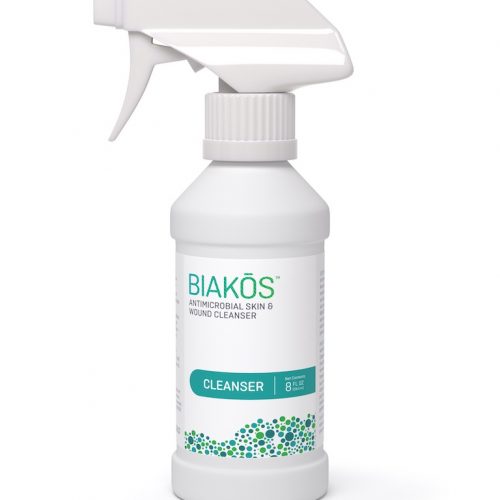
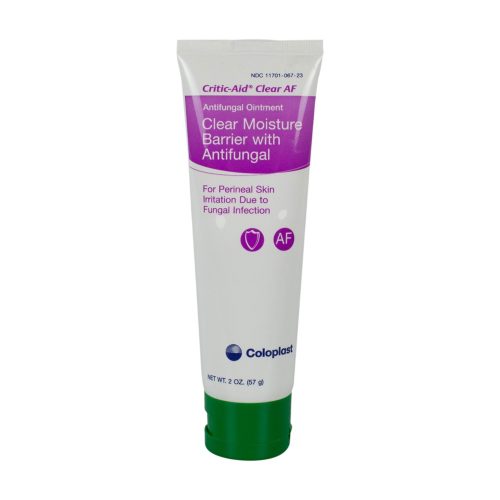
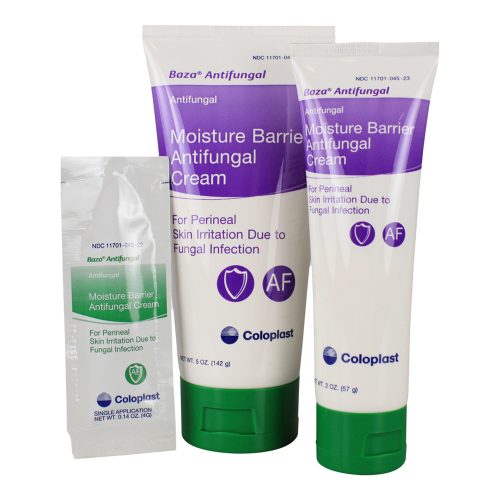
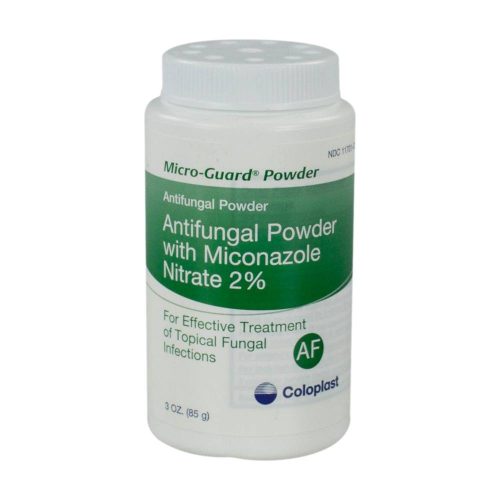
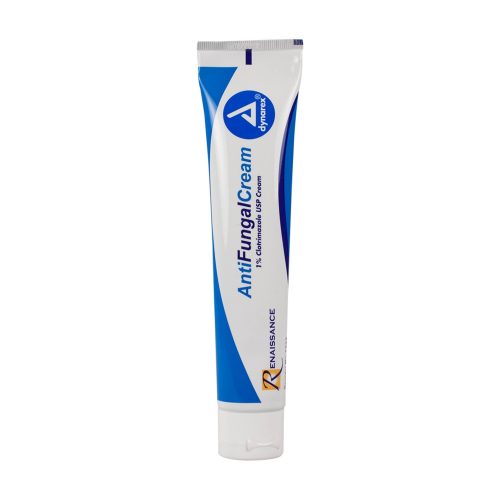
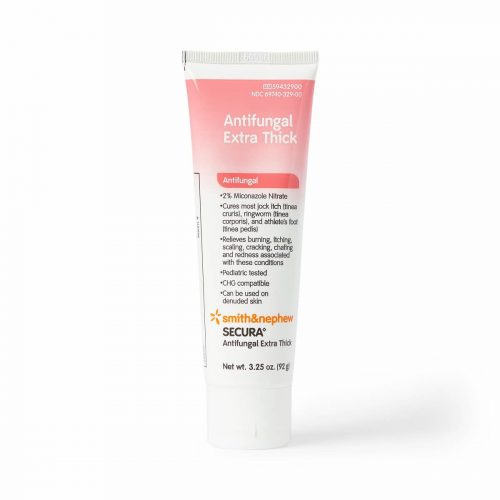
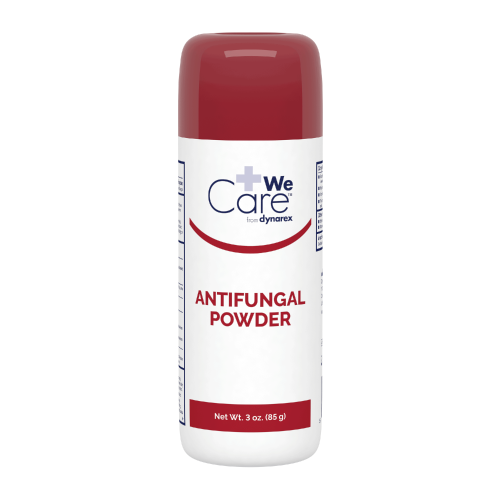
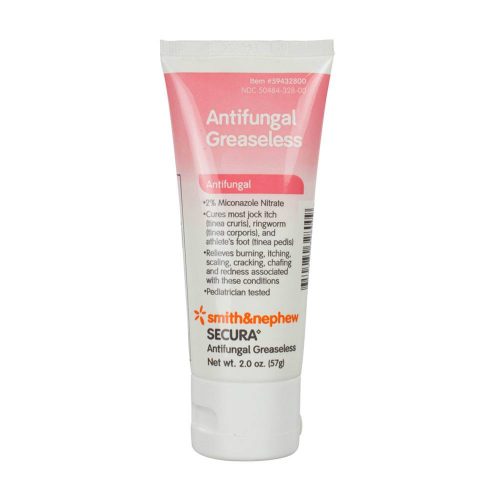
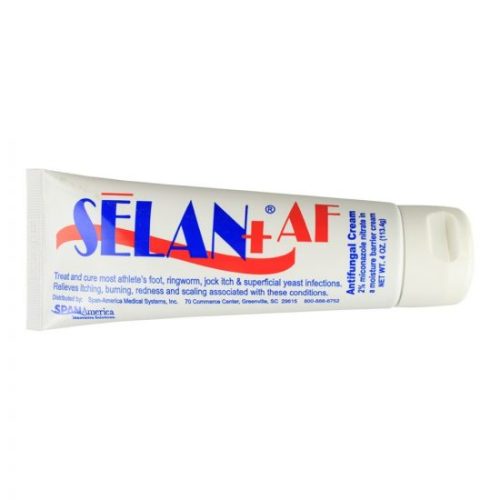
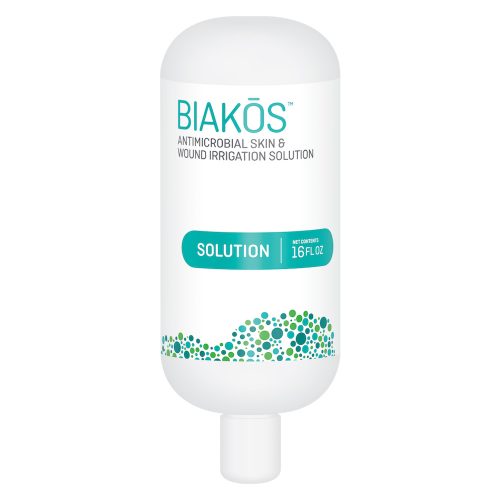
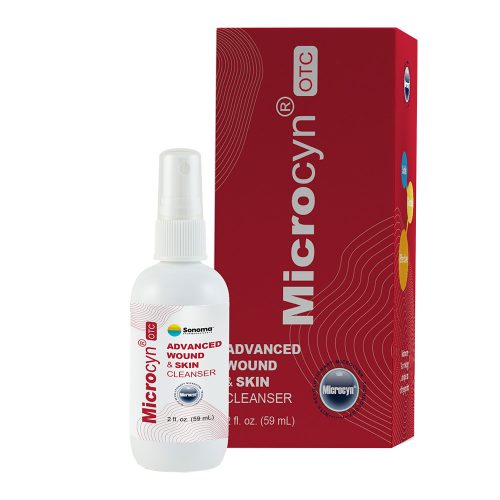
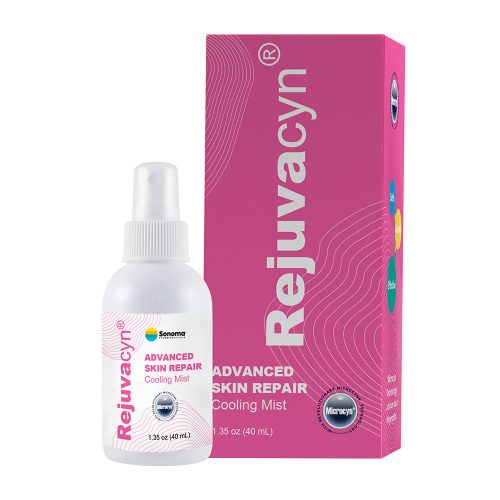
Fungal infections tend to be superficial issues involving the hair, skin and nails. As a first-defense solution, a topical, over-the-counter antifungal product assists with treating the condition.
Dermatophytes, yeasts and molds are behind most common superficial fungal infections. Conditions include:
Causes of fungal issues vary. Species of dermatophyte go after keratin material from the body’s skin, hair and nails. Yeasts, while naturally occurring on the body, can overpopulate, leading to a subsequent infection. Topical antifungal products tend to treat dermatophyte and yeast issues instead of mold-related causes.
Topical, OTC antifungal agents work by either killing the yeast or dermatophyte or preventing it from reproducing.
OTC antifungal products utilize several formulas, including creams, sprays and shampoos. OTC antifungal products typically use one of the following as an active ingredient:
Certain antifungal products may include additional ingredients to address inflammation and irritation. Along with the active ingredients listed above, an OTC product may include hydrocortisone or another mild steroid.
Once applied, the antifungal solution works first by soothing the skin to reduce any burning or itching sensation.
After a few uses, the product starts to lessen any cracking, scaling or peeling skin resulting from the fungus. Long term, antifungal products get rid of the fungus and prevent it from returning and irritating the area.
Understand that while an antifungal agent may offer fast relief against irritation, it must be used for several weeks to have a stronger, more lasting effect. This duration ranges from two weeks to six weeks or longer, depending upon the issue.
OTC antifungal solutions are designed for mild to moderate conditions. If the issue does not clear up or continues to return, a patient may want to consider consulting their doctor for a prescription antifungal medication.
For any of the above conditions, shop antifungal creams, powders, sprays and ointments from Coloplast, ConvaTec, Medline, 3M and more manufacturers to find some relief.